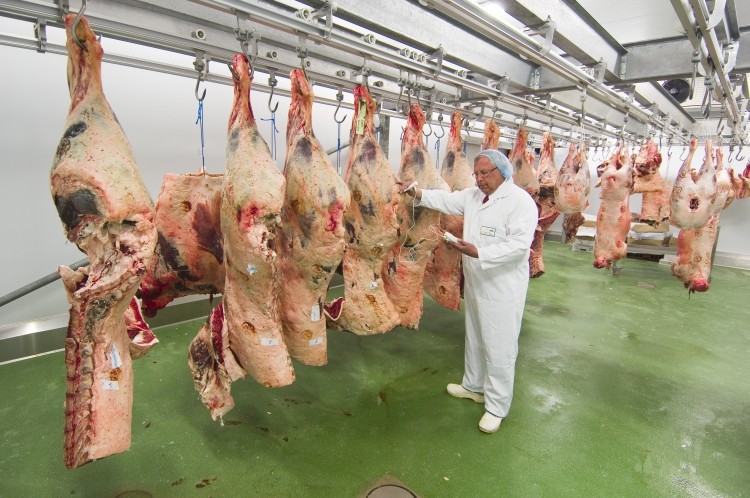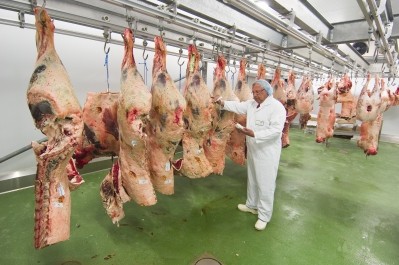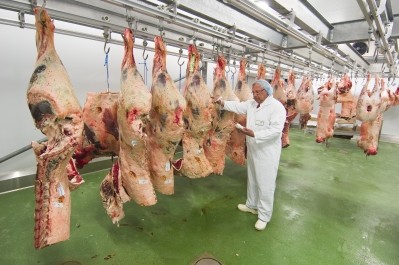Meat inspection strike could hit barbecue sales

Official vets and support staff employed by the Food Standards Agency (FSA) in England, Wales and Scotland also look set to engage in the industrial action, which is scheduled for next week.
Two four-hour walkouts are to take place, from 6:30am to 10:30am on Tuesday August 26 and again on Wednesday August 27.
The decision follows a ballot earlier this month, which saw Unison’s FSA members overwhelmingly vote for strike action over an imposed pay offer of just 0.75%.
Unison previously invited the FSA to resolve the pay dispute through independent conciliation.
Difficult and stressful
“Staff in slaughterhouses work in some of the most dirty, difficult and stressful conditions, surrounded by blood and faeces, to keep the public safe from contaminated meat,” said Unison general secretary Dave Prentis.
“It is only fair that our members receive a pay increase that is at least in line with inflation. They should be recognised for the vital role they play in safeguarding the human food chain against harmful and repulsive dirt and diseases.
“It is not too late for the FSA to avoid the prospect of a strike that may well clear supermarket shelves and butchers’ shops of meat in the barbecue season.”
Above-inflation increase
The union wants an above-inflation pay increase that it claims would begin to restore some of the 15% lost from the pay packets of FSA staff under the coalition government.
Unison represents more than 500 meat inspectors, official vets and support staff employed by the FSA in England, Wales and Scotland.
It claims that meat inspectors, official vets and support staff cost each person in the country just 38p a year.
Members’ track record
In the past two years, the union claims that its members’ track record included stopping the following from entering the human food chain:
· 560,000 cases of milk spot caused by parasitic roundworm larvae in pigs;
· 3M chickens contaminated with faeces;
· 2M instances of tapeworm in red meat;
· 3M animals with pneumonia;
· 450,000 animals with abscesses;
· 28,000 animals with tuberculosis;
· 5.5M chickens with ascites – a build-up of fluid caused by heart or liver diseases;
· 1.8M cases of peritonitis;
· 4M cases of septicaemia.



















